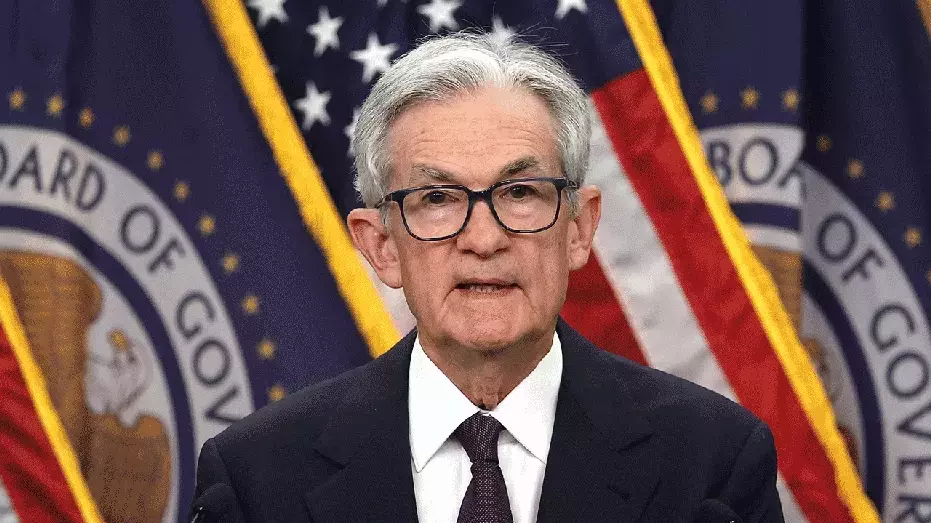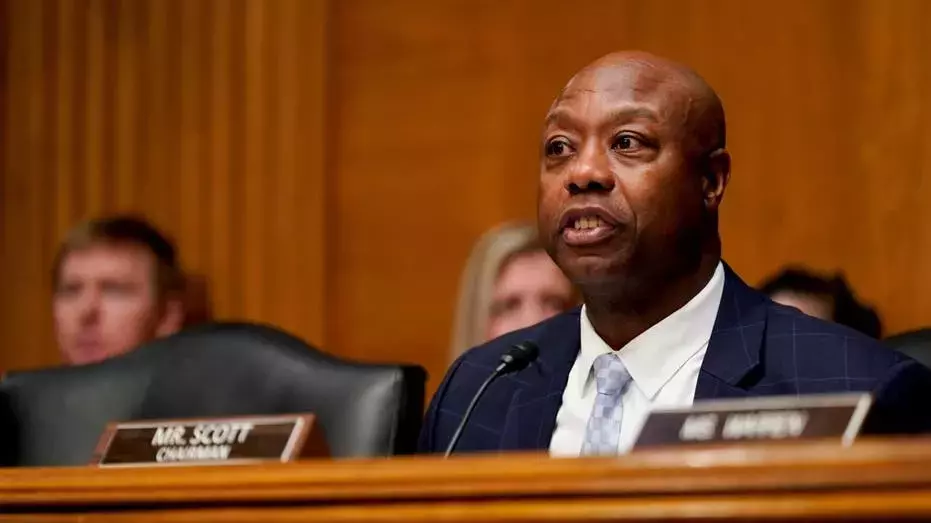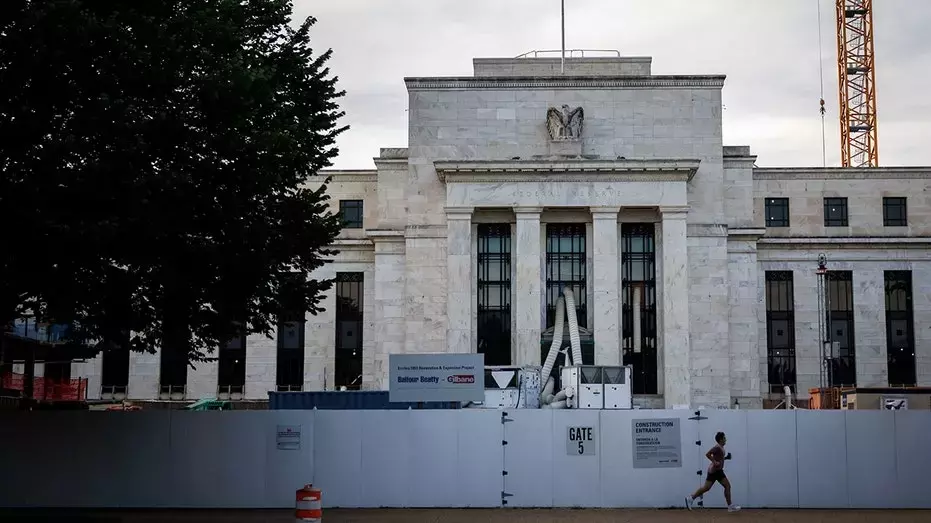




In the midst of rising economic uncertainty, Federal Reserve Chairman Jerome Powell is set to testify before the Senate Banking Committee for the second consecutive day. His appearance follows a previous session with the House Financial Services Committee, where he addressed pressing issues like inflation, potential tariffs under President Trump, and the future of interest rates. However, the spotlight has now shifted toward internal concerns regarding the Fed’s financial decisions and perceived political leanings. Republican senators have raised alarms over the central bank’s costly headquarters renovation in Washington, D.C., which they argue is extravagant and poorly timed amid broader economic struggles. Additionally, critics are questioning whether the Fed remains impartial in its regulatory policies, citing recent shifts in climate-related initiatives. As Powell prepares for another round of intense questioning, the debate continues over the Fed's role, accountability, and neutrality.
Fed Under Fire: Costly Renovations and Political Neutrality in Focus During Senate Hearings
In the heart of Washington, D.C., where policy and power converge, the Federal Reserve finds itself at the center of a growing controversy. On a crisp autumn morning, as lawmakers gathered in the grand chamber of the Senate Banking Committee, all eyes were on Chairman Jerome Powell. This high-profile hearing, held on a brisk Wednesday, marked the second day of congressional scrutiny following his earlier appearance before the House. The agenda was wide-ranging, touching on inflation forecasts, trade tensions under the Trump administration, and the ongoing debate about rate cuts. But beyond macroeconomic concerns, a more pointed inquiry emerged—one that questioned the prudence of the Fed’s spending habits and its adherence to political neutrality.
A coalition of Republican senators, led by South Carolina’s Tim Scott, voiced strong reservations over the central bank’s decision to undertake a massive renovation of its historic headquarters. Originally budgeted at $1.9 billion, the project’s costs have reportedly ballooned to a staggering $2.5 billion—an increase of 32%. The senators described proposed upgrades as excessive, citing details such as rooftop gardens, ornate water features, VIP elevator access to private dining suites, imported marble finishes, and even an underground art collection. These expenditures, they argued, appear tone-deaf given the Fed’s lack of profit since 2022 and the current economic hardships faced by many American families.
While the Federal Reserve defended the renovations as necessary to meet modern infrastructure standards and updated safety codes, the backlash has grown louder. Even outside voices, including Elon Musk during his tenure leading the Department of Government Efficiency (DOGE), expressed skepticism, suggesting that a portion of the budget appeared to be allocated for luxury interior design rather than essential upgrades. Beyond fiscal concerns, lawmakers also pressed Powell on what they claim is an increasing politicization of the Fed’s regulatory approach—particularly its fluctuating stance on environmental policies tied to global financial trends. They emphasized that the institution must remain not only fiscally responsible but also ideologically neutral, given its pivotal role in both national and international markets.
As Powell begins his testimony before the Senate, the questions linger: Is the Federal Reserve losing sight of its public mandate? And if so, what does that mean for the credibility of one of the nation’s most influential financial institutions?
